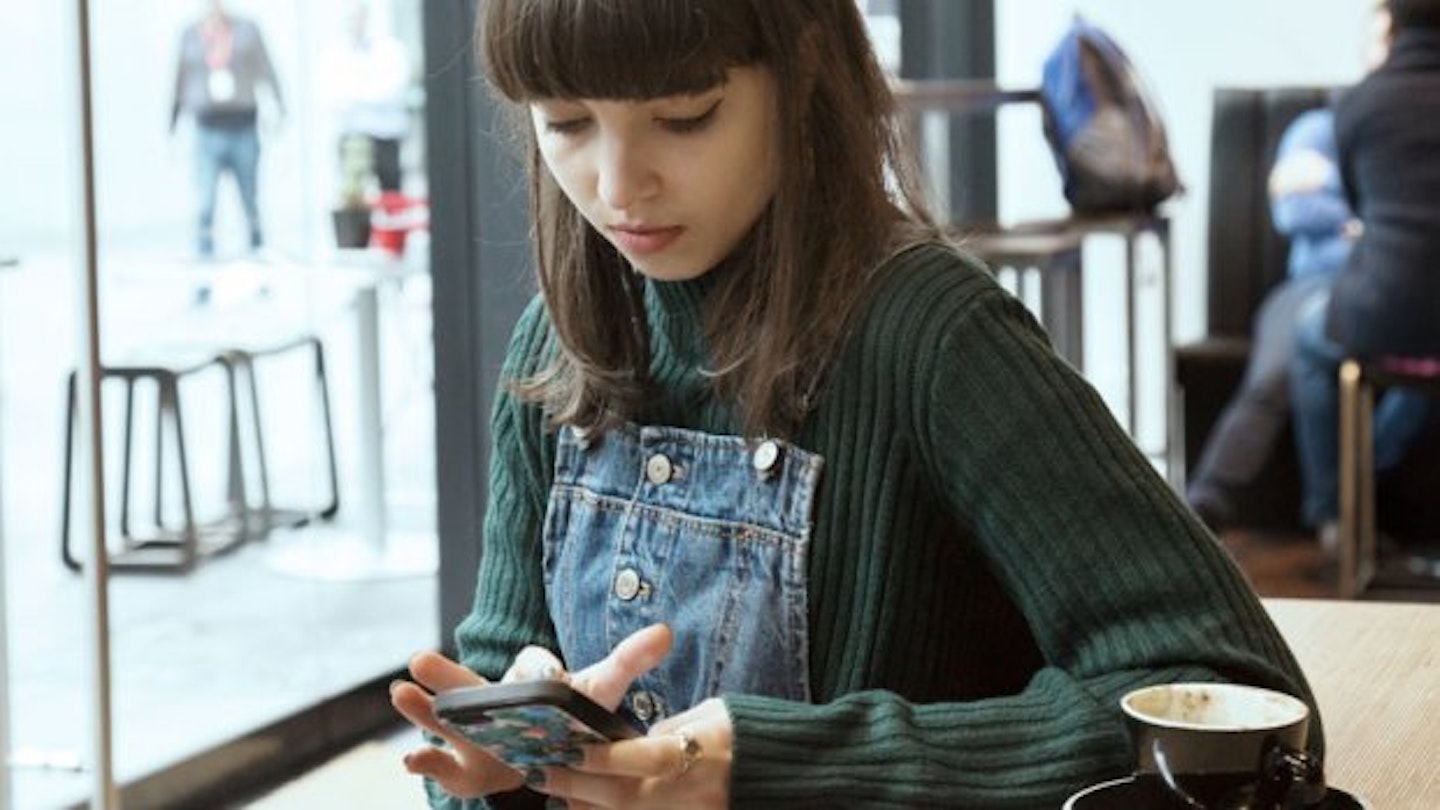What kind of photos do you post on your Instagram? Group snaps from your pre-drinks? Bright beach pics? Filtered selfies? Well, according to a new study, what images you post on the photo-app can detect how happy of a person you actually are.
43,950 images from 166 Insta users were analysed in an attempt to detect and diagnose depression. 71 of the 166 users had already been clinically diagnosed with depression prior to the study carried out by Harvard University and the University of Vermont(they remained anonymous until the results were in, so no cheating.)
The researchers followed an algorithm of ‘scanning for clues’ within each of the images and had a 70% accuracy rate of identifying the users with depression. So, what exactly are these ‘clues’ you might ask?
WATCH: How Many Hours A Day Do You Spend On Social Media?
Aesthetically, depressed users are apparently less likely to put a filter on the images that they post and when they do apply them, the filters were found to mainly consist of colour hues of blues and greys. Stereotypically however, bright and sunny filters were found to be the most popular amongst non-depressed individuals. Valencia, anyone?
Alongside the filter etiquette, it was found that Instagram users with depression post on a much more regular basis than those without depression and found the images they post tend to have a ‘lower face count’ i.e. less group photos.
What do these findings mean? Well, when we compare the overall success rate of diagnosing depression through images to the success rate of diagnosis in person, the results are interesting to say the least. The study proved to have a 70% accuracy rate of recognising depression via Instagram photos, compared to the current accuracy diagnosis figure of 42% by GP’s. It’s hard not to be curious about the study’s potential, as bizarre as it all seems - especially considering revolutionary apps have already started transforming the face of the healthcare industry...afterall, you can already speak to a doctor face-to-face over the phone via an app!
Anyway, despite acknowledging that the study was a ‘relatively small sample size’, Dr Christopher Danforth of the University of Vermont has faith in his algorithm of using technology to detect depression, and even says it has the potential to be used on a much larger scale, ‘Imagine an app you can install on your phone that pings your doctor for a check-up when your behaviour changes for the worse, potentially before you even realise there is a problem.’
Seriously though, depression is a serious issue and affects millions around the world and many people suffer in silence, as well as not even recognising the symptoms. If the app one day became a ‘thing’ - and did inform doctors of changes in their patients’ behaviours - it could potentially save lives.
Doesn’t sound so silly now, does it?
If you think you - or anybody you know - are suffering with depression, the NHS have a list of helplines you can contact.
**Like this? You might also be interested in: **
Follow Jasmine on Twitter: @Jasminexfx
This article originally appeared on The Debrief.
